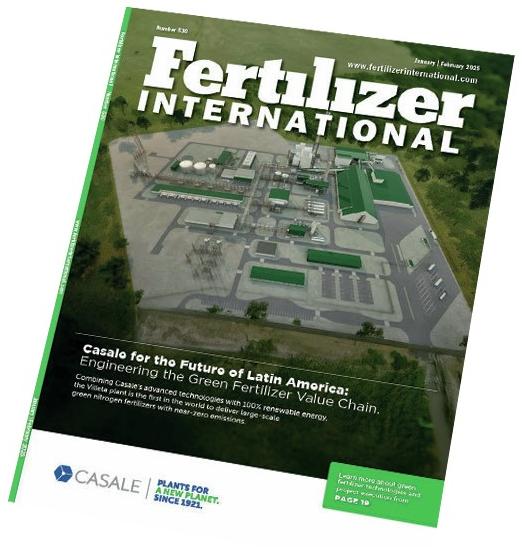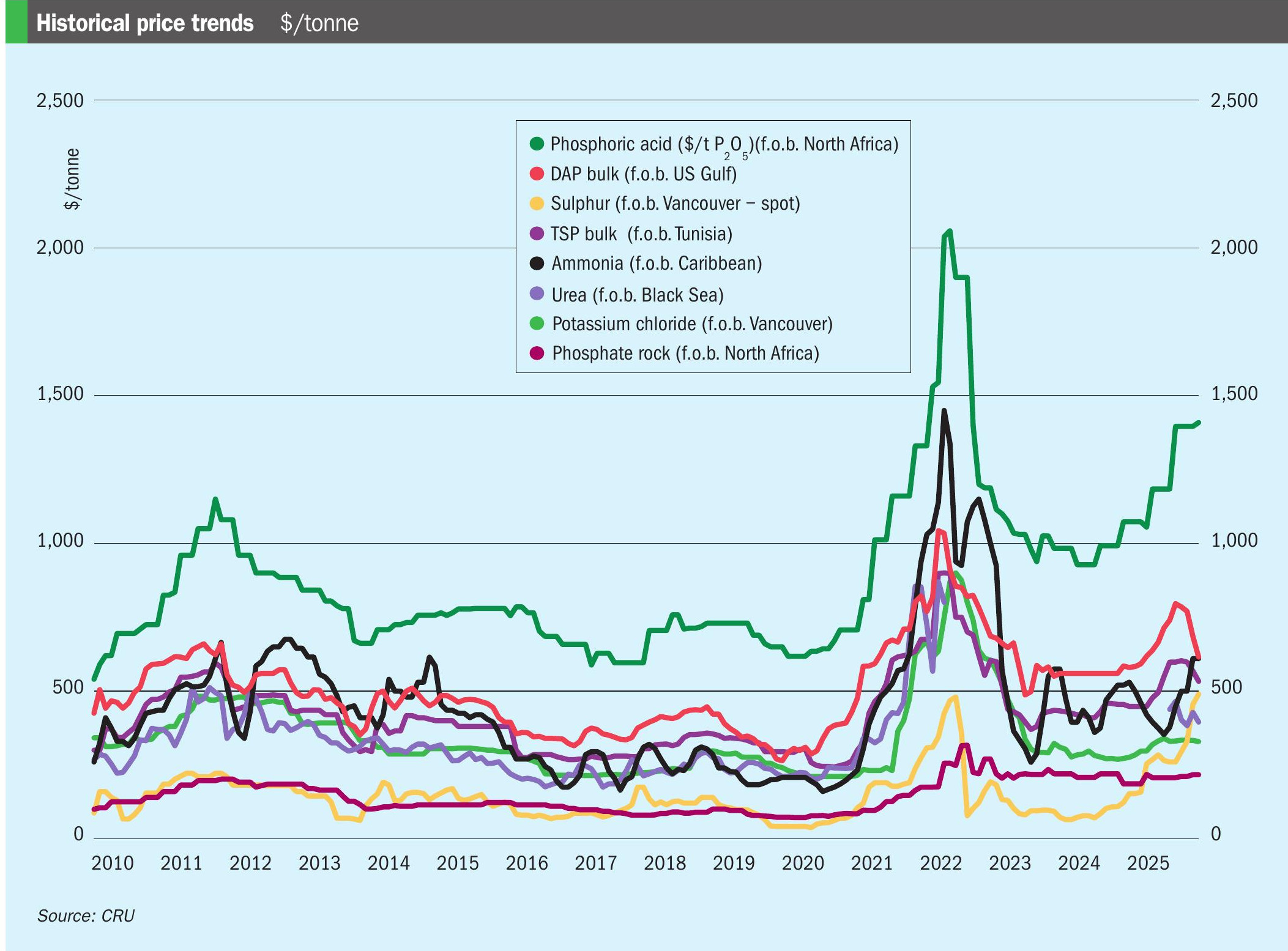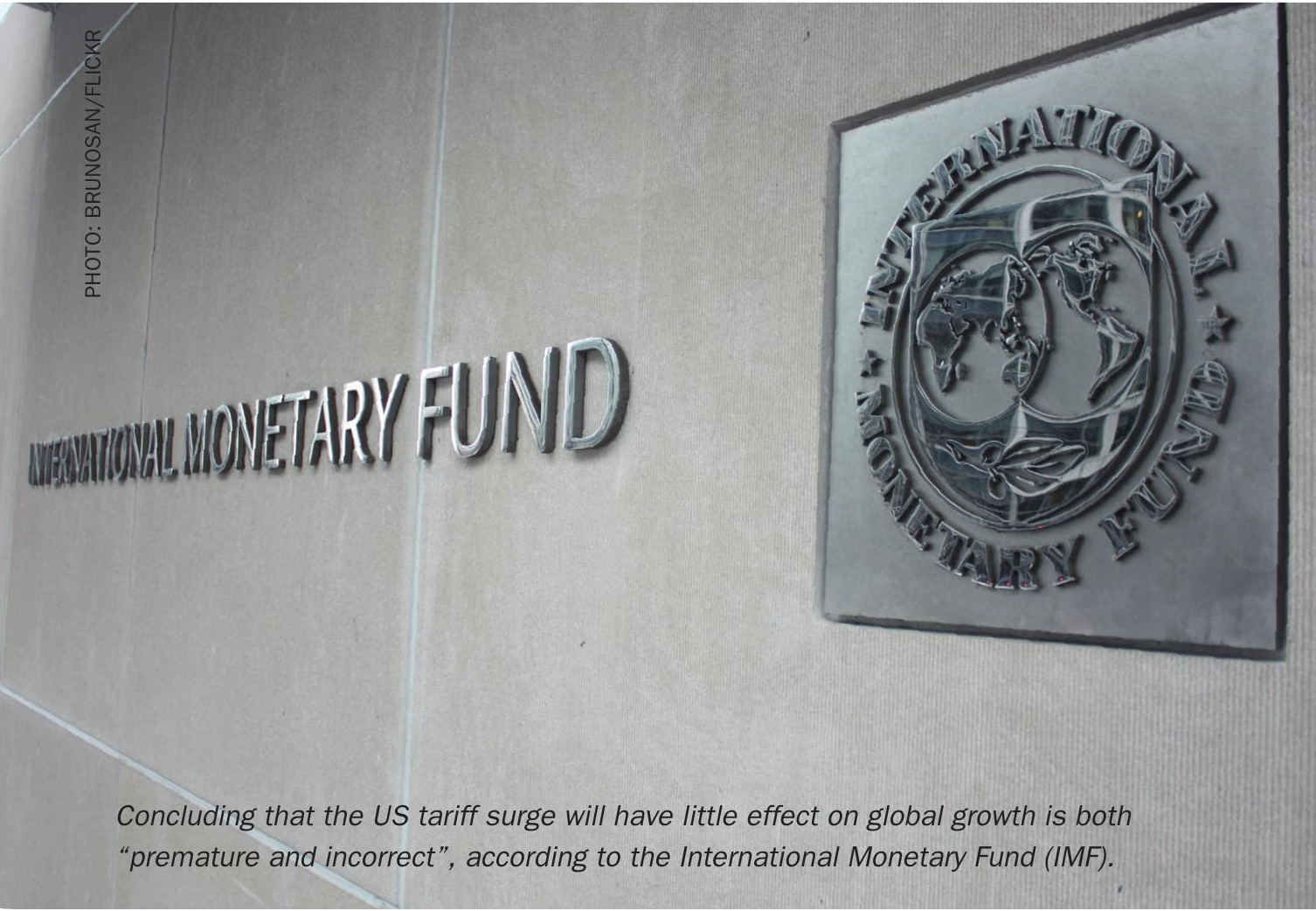Nitrogen+Syngas 394 Mar-Apr 2025

19 March 2025
Repsol to invest in renewable methanol
Repsol has approved a historic €800 million investment in Ecoplanta, a pioneering project in Europe to transform urban waste into renewable fuels and circular products, adding a solution for reducing CO2 emissions in the transport sector, while at the same time promoting the circular economy. Located in Tarragona, the facility will be the first in Europe to produce methanol from municipal waste via a gasification process developed by Enerkem – a technology company in which Repsol is a partner – using waste that would otherwise end up in landfills or be incinerated.
The new plant will have the capacity to process up to 400,000 t/a of municipal solid waste (MSW) and turn them into 240,000 t/a of renewable fuels and circular products. The renewable methanol originates from organic waste, while the circular products come from non-organic waste, such as non-recyclable plastics. The start-up of the plant is scheduled for 2029. Ecoplanta will be integrated into Repsol’s industrial complex in Tarragona to take advantage of existing infrastructures and accelerate the transformation of the centre into a multi-energy hub that will continue to manufacture essential products for society, such as renewable fuels and circular materials. According to the European Commission, the Ecoplanta will reduce the equivalent of 3.4 million tons of CO2 in greenhouse gas (GHG) emissions during the first ten years of operation.






